Share This Class:
Ruby on Rails
OBJECTIVEs:
- The Ruby on Rails for Web Development course aims to provide a thorough understanding of the Rails framework and its applications in building dynamic web applications.
- This course covers the full spectrum of Rails development, including setting up the environment, understanding MVC architecture, working with models and databases using ActiveRecord, creating views and handling forms, and implementing authentication and authorization.
- Participants will also learn to use Rails helpers, integrate libraries, and follow best practices for testing and deployment.
- By the end of the course, learners will be equipped with the skills needed to develop, deploy, and maintain robust web applications using Ruby on Rails.
- This course offers several key advantages for learners. It provides comprehensive skill development in Ruby on Rails, enabling participants to build and deploy scalable web applications efficiently.
- Learners will gain hands-on experience with core Rails concepts, including MVC architecture, database interactions, and authentication mechanisms.
- By engaging in practical projects and utilizing industry-standard libraries and tools, participants will enhance their career prospects in web development.
- Additionally, the course emphasizes best practices for code organization, performance optimization, and security, ensuring that learners can create high-quality, maintainable applications.
Course features:
- Practical hands on
- Lab sessions
- Training by experienced faculty
PRE-REQUISITES:
- Participants should have a basic understanding of programming concepts and familiarity with web development fundamentals.
- Prior knowledge of Ruby programming is beneficial but not required.
- Familiarity with HTML and CSS will help in understanding the view components, and a general grasp of databases and SQL is useful for working with ActiveRecord.
- The course will begin with a brief overview of Ruby on Rails, making it accessible to those new to the framework.
Learning Path
- Overview of Ruby on Rails
- What is Ruby on Rails and its role in web development
- The MVC (Model-View-Controller) architecture
- Rails conventions and philosophies
- Setting Up the Environment
- Installing Ruby, Rails, and other necessary tools
- Setting up a Rails development environment (IDE, database)
- Creating your first Rails application
- Rails Project Structure
o Understanding the Rails directory structure and file conventions
o Configuring Rails application settings - Routing and Controllers
o Defining routes and understanding RESTful routing
o Creating controllers and actions
o Handling parameters and rendering responses
- ActiveRecord Basics
o Introduction to ActiveRecord and database interaction
o Creating and managing models
o Understanding migrations and schema management - Advanced ActiveRecord Features
o Associations: has_many, belongs_to, has_many
o Validations and callbacks
o Querying and scopes
- Creating Views
o Using Embedded Ruby (ERB) for templating
o Working with partials and layouts - Form Handling
o Creating forms with Rails form helpers
o Handling form submissions and validations
o Managing file uploads
- Using Rails Helpers
o Helper methods for views and forms
o Custom helper methods - Gems and Libraries
o Understanding and using Rails gems
o Integrating popular libraries (e.g., Devise for authentication, Pundit for
authorization)
- User Authentication
o Implementing authentication with Devise
o Managing user sessions and passwords - Authorization
o Setting up authorization with Pundit or CanCanCan
o Defining user roles and permissions
- Introduction to Testing
o Writing tests with RSpec and Minitest
o Testing models, controllers, and views - Test-Driven Development (TDD)
o Principles of TDD and writing tests before code
o Running and debugging tests
- Deploying Rails Applications
o Deployment options: Heroku, AWS, DigitalOcean
o Configuring production environments and databases - Best Practices
o Code organization and refactoring
o Performance optimization techniques
o Security considerations in Rails applications
-
Facebook
-
Instagram
-
LinkedIn
Copyright 2024. UWIN Pro Inc.



